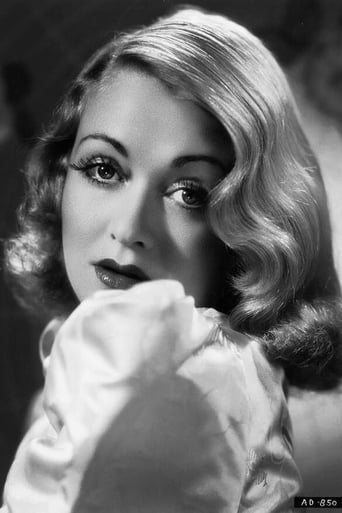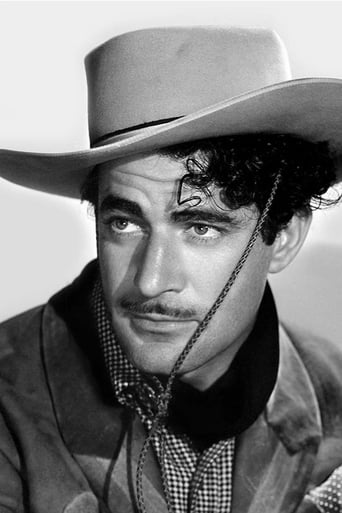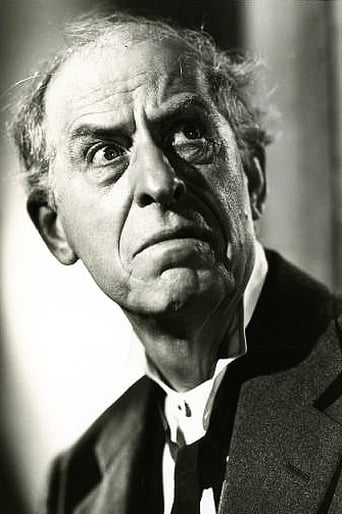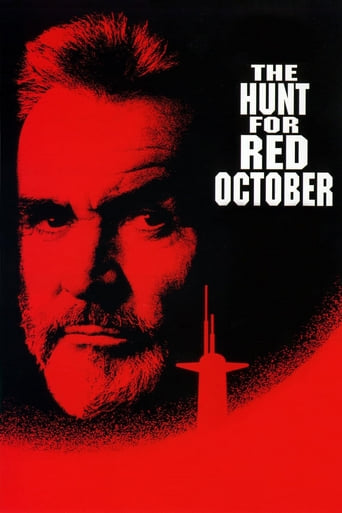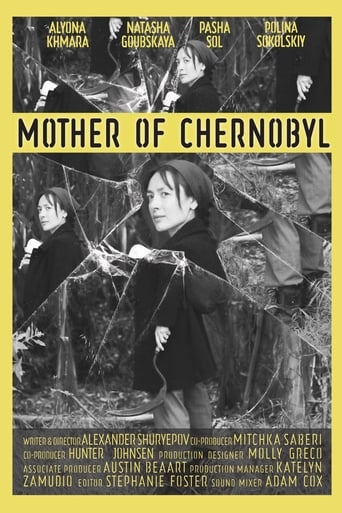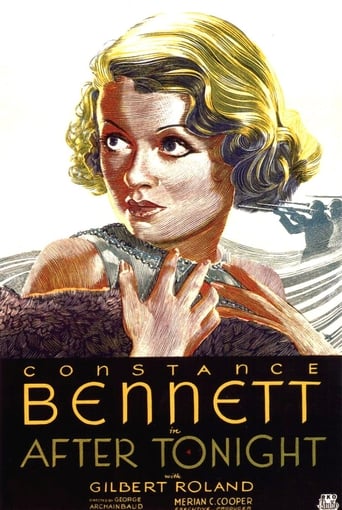
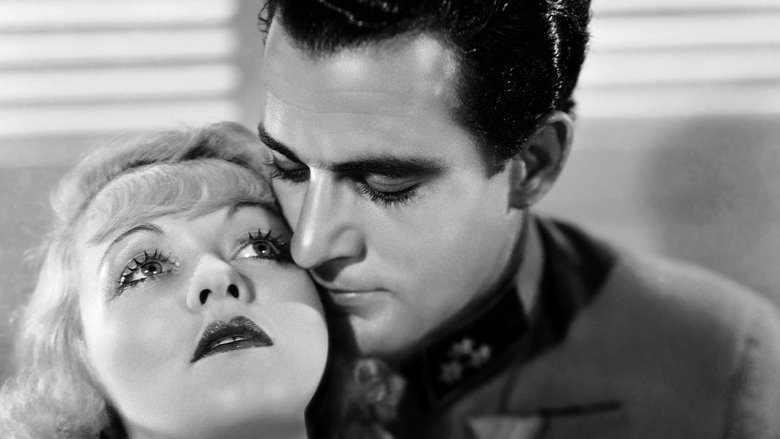
After Tonight (1933)
When war is declared in 1914, glamorous Russian Carla Vanirska manages to get to Vienna from Luxembourg, with the help of Captain Rudolph Ritter of the Austrian army. Meanwhile, Ritter is assigned to detect the identity of a spy.
Watch Trailer
Cast
Similar titles
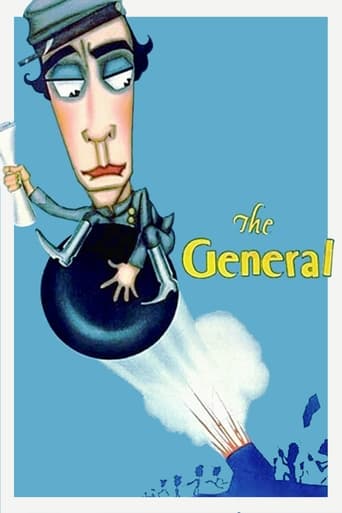

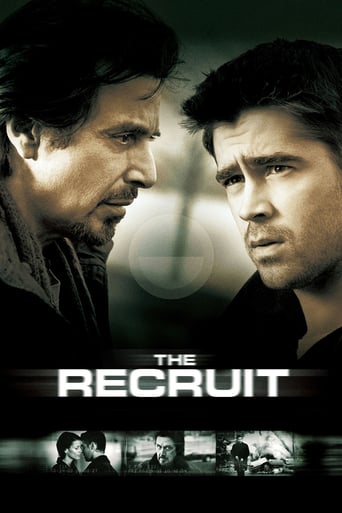
Reviews
I like movies that are aware of what they are selling... without [any] greater aspirations than to make people laugh and that's it.
Let me be very fair here, this is not the best movie in my opinion. But, this movie is fun, it has purpose and is very enjoyable to watch.
Exactly the movie you think it is, but not the movie you want it to be.
The acting in this movie is really good.
"After Tonight" is a rather heavy-handed and sappy love story--the type that, thankfully, died off a long time ago. Constance Bennett plays a Mata Hari-type woman. She's spying for the Russians during WWI and is posing as an Austrian nurse. Gilbert Roland plays an Austrian spy smasher--a guy whose job is to locate and liquidate spies like her. However, two VERY mismatched pair ends up falling in love. Now this is all a bit hard to believe and melodramatic, but it COULD have worked. However, at the end, when she is discovered, the film degenerates into a juvenile mess--where a silly tacked on happy ending occurs even though it defies logic and ruins the film with sickening sentimentality. Even if Bennett and Roland gave it their best, this poorly written film was destined to be a silly mess...which it is. If it sounds like I really, really hated the film, you are right--mostly because the ending left me feeling like I'd wasted my time.Incidentally, about a decade after this film, Bennett and Roland married. They didn't stay married, but they married.
Constance Bennett was sublime in this. This film, unlike some others in which she starred, made it easy to see why she was a star. The plot is intriguing, if not overwhelmingly original, and the film is made very well. The theme song of the film, which Bennett sings (well), is memorable and sweet. Bennett is a glamour queen throughout and acts skillfully and pleasingly. The direction is overall excellent, the film moves at a brisk pace, and the sets and situations are not too stagy. It compares remarkably well to another spy melodrama of the period, Garbo's MATA HARI, and of the two, Bennett surprisingly comes out the winner (no disservice to the great Garbo intended, just some praise to the underrated and forgotten Bennett).
I would rate this film as a competent time killer, something that Depression audiences went to see to forget about their troubles for an hour or so and which we small screen home viewers can watch to slip out of contemporary reality and give our brains a break. Constance Bennett occupies space attractively and goes through the motions of "acting" in her role as a coolheaded (and well dressed) spy operating behind Austro-Hungarian lines for the Russians in World War I. It's fun and intriguing to watch her collect and pass on her secret messages, all the while growing ever closer romantically to a spy-hunting Austrian military official (Gilbert Roland). An extremely contrived ending perfectly suits this confection.
Like Dietrich (Dishonored) and Garbo (Mata Hari) before her, Constance Bennett finally got a chance to play a fascinating spy in "After Tonight". This was Constance's last picture under her RKO contract. At the time of it's release the film was a failure and RKO laid the blame at the feet of Constance Bennett. Isn't it always better to lay the blame at the feet of the departing star? However, looking at it now, Miss Bennett is one of the saving graces of the picture. Her performance is actually quite good and the production is well put together. The direction is a little sluggish at times and Gilbert Roland (who would marry Constance in 1940) is a little wooden. The ending comes as no surprise, but it was exactly what female audiences of the time expected from "women's pictures". They would attend a matinée, watch the heroine suffer through six or seven reels and then be presented with a happy ending. (How things have changed.) While not great, this movie is not that bad. The movie belongs to Constance Bennett and anyone who is a fan of hers should add this to their watch list if they have not already done so.
